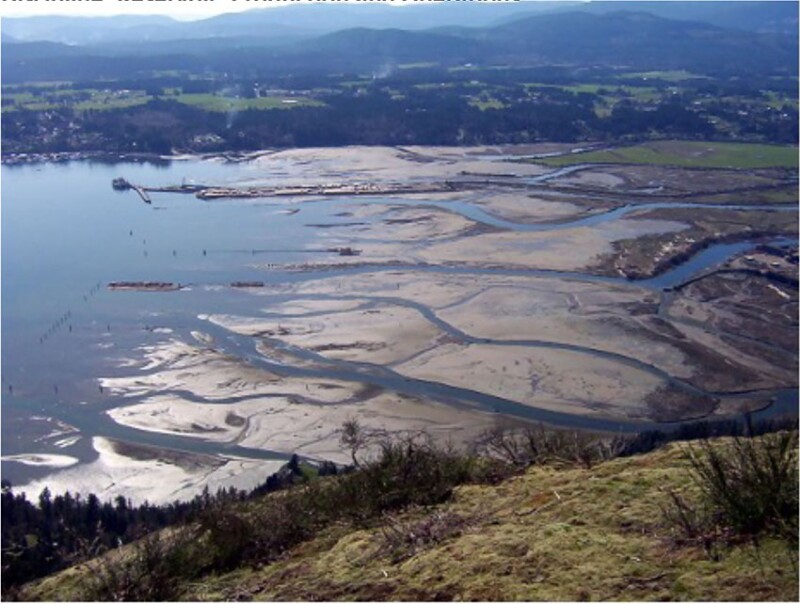Over the past several decades, engineers and researchers have continually explored ways to release valuable and significant quantities of oil left behind by primary and secondary production methods. Many flow-based enhanced oil recovery (EOR) methods have long been proven to work well in connected formations, where a fluid can communicate between injection and production wells.
But in fields characterized by isolated, noncontiguous reservoirs, flow-based EOR methods cannot work. Conventional stimulation methods such as acidization, because they treat only one well at a time, are inefficient, time consuming, and uneconomic for fieldwide production enhancement.
The use of high-energy elastic-wave-based EOR overcomes these communication issues. Elastic waves propagate powerfully through rock and fluids to effectively enhance oil recovery in formations located both vertically and horizontally within about a 1.5-mile radius of the source well.


